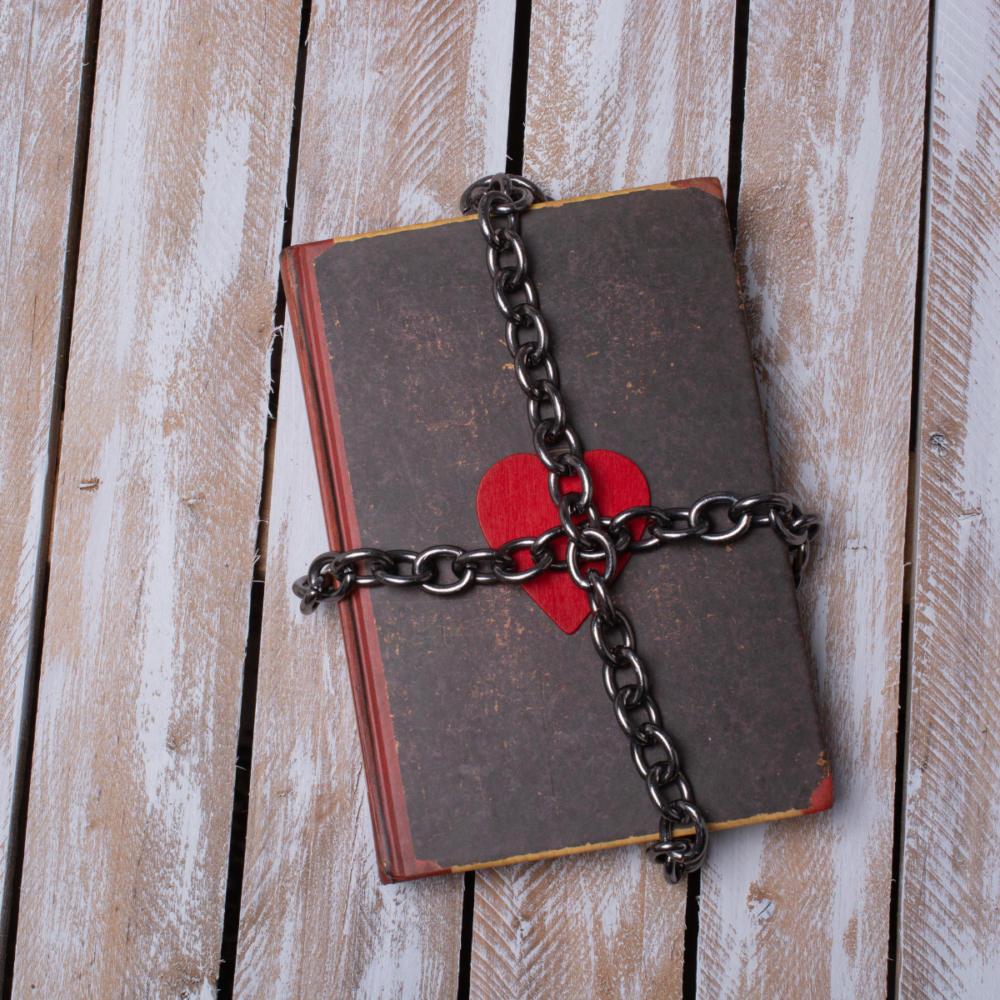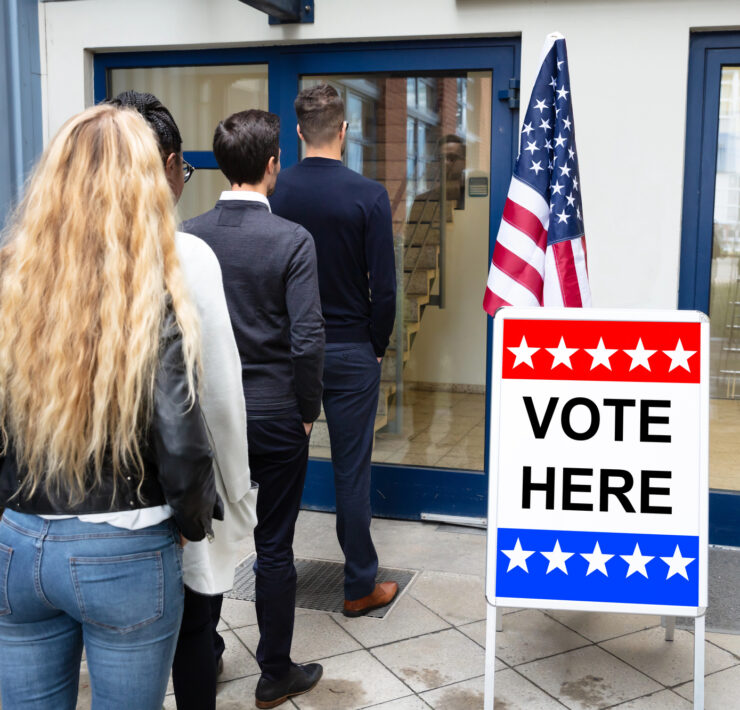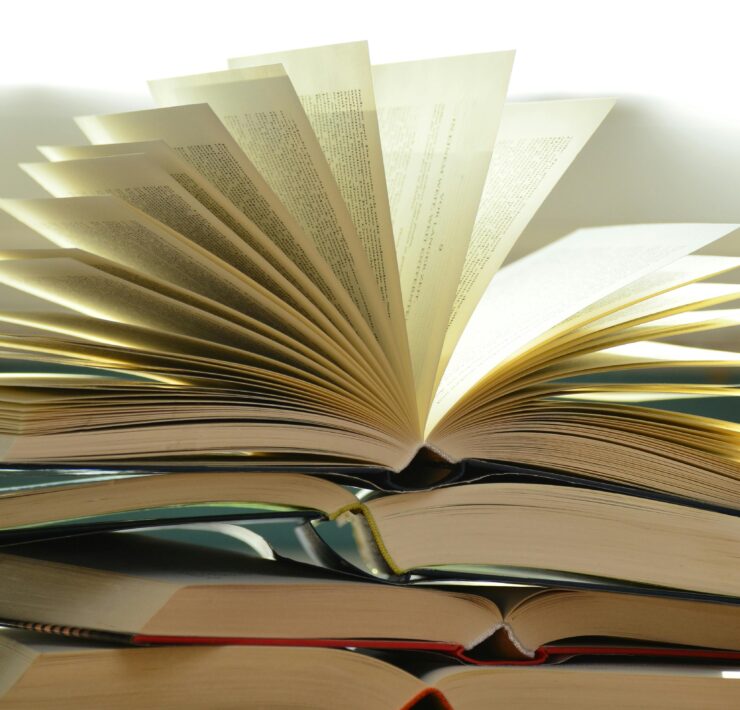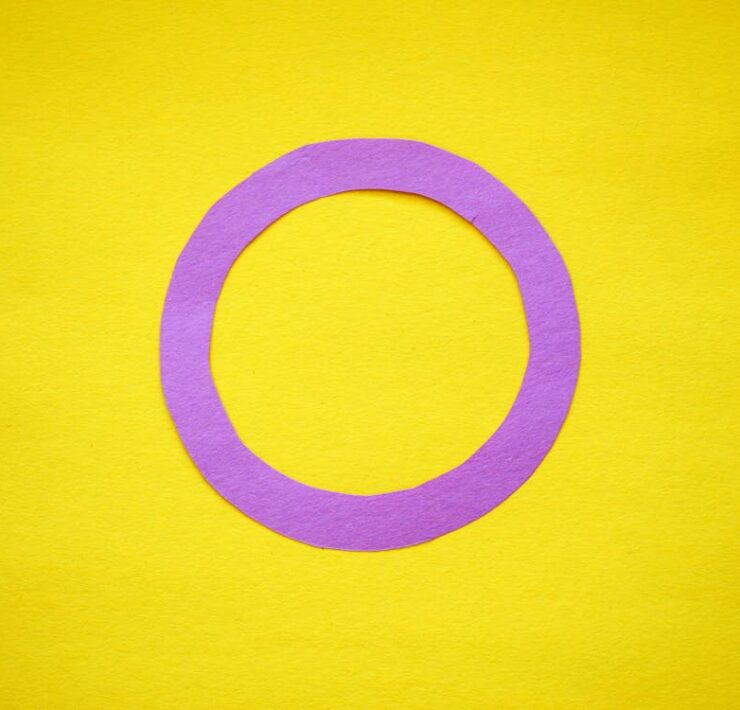The Banned Books List Continues to Grow Despite Majority Opposition

Writer • Possibilitarian • Audiophile • Rainmaker • Activist •…
Proposed book bans are taking place all over the country and bringing with them a significant amount of division and controversy. Supporters of the banned books list state that it is necessary as a means to keep “controversial” reading materials out of public libraries and schools. Those in opposition see these proposals as unconstitutional. No matter what side of the issue you stand on, book bans are becoming an increasing concern.
A study released on the proposed bans shows that since 2022, nearly 2,500 unique titles have been banned or challenged. According to the president of the American Library Association (ALA), they are seeing an uptick in “organized attempts by groups to censor multiple titles throughout the country without actually having read many of these books.” Despite the increase in these bans or attempts, an ALA poll shows that most citizens of the United States are against banning books.

The banned books list now includes over 2,500 books, affecting 1,648 unique titles. These 1,648 banned books have a direct impact on 1,261 authors, 290 illustrators, and 18 translators meaning that 1,553 literary, scholarly, and creative professions have been affected overall. Of these titles, 819 are works of fiction, 537 of those being young adults (YA), with 209 of these titles being children’s picture books. Out of 1,500 current proposed bans either being enforced or introduced, 98% of them involved “departures from best practice guidelines outlined by the National Coalition Against Censorship (NCAC) and the American Library Association (ALA)”.

A major complaint against titles that are being challenged currently is that the materials include “LGBTQIA+ or sexually explicit themes”. However, many of the titles showing up on the banned book list include culturally significant publications written and illustrated by many marginalized creators that have no queer or sexually explicit themes whatsoever. In fact, of the current banned book titles, 467 of them contained a BIPOC protagonist or prominent secondary character. More than 200 of these titles highlight issues of racism or race extensively. There are 184 titles in the index that are history books or biographies. In contrast, LGBTQIA themes comprised 33% of the banned book list.
Beloved authors such as Judy Blume and John Green made the index. Judy Blume’s career spans 25 titles and shows up on the list for Forever, a book published in 1975 that addresses teen sexuality. This title is number 7 on the 100 Most Frequently Challenged Books of 1990-2000 due to the novel’s content. John Green, who is possibly best known for his novel The Fault In Our Stars, made the list for his title Looking For Alaska, a novel that explores the deeper meanings of life and a search toward meaning.
In response to these bans, activists are earnestly participating in “guerrilla book giveaways” and pop-up libraries. Organizations like Foundation 451 have sprouted up in opposition to banned books. Stating their mission as “getting banned and challenged books back into the hands of students”, the nonprofit is headed by a Florida teacher. In other parts of the country, several pop-up banned book libraries, banned book giveaways, and even a banned bookmobile have emerged as a means of being a “counter offense” against these bans.
Feature image credit Level 11 Content
What's Your Reaction?
Writer • Possibilitarian • Audiophile • Rainmaker • Activist • Inquisitive Sagittarian • Your one woman hype squad










